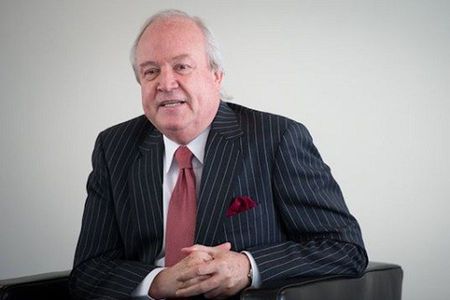Exploring Honduras’ Narco-State: Heine’s Analysis

Ambassador Jorge Heine, Research Professor at Boston University’s Frederick S. Pardee School of Global Studies and Interim Director of the Frederick S. Pardee Center for the Study of the Longer-Range Future, explored Honduras’ descent into narco-statehood in his recent article in The Conversation published on March 28, 2024.
In the article, titled “The amazing story of the man who created the latest narco-state in the Americas, and how the United States helped him every step of the way − until now,” Heine sheds light on the downfall of former President Juan Orlando Hernández, once considered a U.S. ally, who was convicted of cocaine importation and weapons offenses.
Heine’s article provides an analysis of how Honduras evolved into a narco-state under Hernández’s leadership, highlighting the complicity of successive U.S. administrations in enabling his reign. Heine traces the trajectory of Hernández’s rise to power, from the aftermath of the 2009 military coup to his controversial re-election in 2017 amidst allegations of fraud.
Commenting on the significance of the conviction, Heine states,
“Today’s verdict makes all of us who collaborated with (Hernández) look either complicit or gullible.”
He urges a reevaluation of U.S. foreign policy in Latin America, emphasizing the need for accountability and transparency in diplomatic relations.
The article in full can be accessed here.
Ambassador Jorge Heine is a Research Professor at the Pardee School of Global Studies at Boston University. He has served as ambassador of Chile to China (2014-2017), to India (2003-2007), and to South Africa (1994-1999), and as a Cabinet Minister in the Chilean Government. Read more about Ambassador Heine on his Pardee School faculty profile.